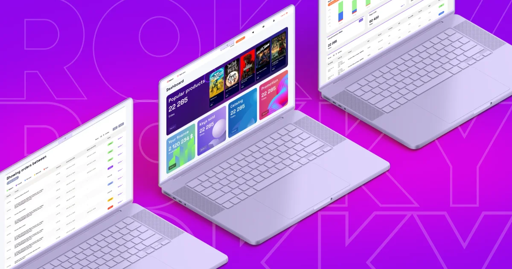Despite facing increased competition in the space, not least from the Epic Games Store, Valve’s platform is synonymous with PC gaming. The service is estimated to have made $10.8 billion in revenue during 2024, a new record for the Half-Life giant. Since it entered the PC distribution space back in 2018, the rival Epic Games Store has been making headway – and $1.09 billion last year – but Steam is still undeniably dominant within the space.
Valve earns a large part of its money from taking a 20-30% cut of sales revenue from developers and publishers. Despite other storefronts opening with lower overheads, Steam has stuck with taking this slice of sales revenue, and in doing so, it has been argued that Valve is unfairly taking a decent chunk of the profits of developers and publishers.
This might change, depending on how an ongoing class-action lawsuit initiated by Wolfire Games goes, but for the time being, Valve is making money hand over fist selling games on Steam. The platform boasts over 132 million users, so it’s perfectly reasonable that developers and publishers feel they have to use Steam – and give away a slice of their revenue – in order to reach the largest audience possible.



ITT: People saying Steam is bad and a monopoly, no I won’t name reasons why. Do your research.
Oh. Oh no.
I will explain the reasons why, because it’s important to understand this without sounding like the antivax equivalent of a white knight.
First, forget the word monopoly. It’s a red herring. We are going to talk about trusts. A trust is any kind of organizational structure (one or more companies) that control or seek to control a market through centralized leadership. Trusts can lead to monopolies, but they are distinct and do not need to be (and rarely are) monopolies. The key defining feature of a trust is the use of market capture strategies that are unethical, anti-competitive, clandestine, underhanded, etc (“legal” or not).
Valve is neither a monopoly nor a trust, by definition. While they control a huge portion of the PC gaming market, they operate with transparency, do not sabotage competitors, share their technology freely with potential competitors, and do not push any anti-competitive policies (like exclusives, rules preventing offering products cheaper on other outlets, etc).
There is healthy competition in the PC game space, but Valve has held the lead by offering the best, most attractive platform for consumers. From social features and integrations, to regular discounts and sales, to a healthy and robust community review system, to automatically elevating great new content that might otherwise be missed, to enabling new platforms and technologies (VR, Steam Deck, Linux)… they provide things that customers and sellers love.
Compare their competition. GOG is great but their DRM free policies (which are great) limit their use by sellers. Publishers all have their own stores now, but those are unattractive for a wide variety of reasons - splitting your library, using even more proprietary software to access your content (new stores and launchers), and for all that inconvenience you don’t even get a discount when Valve isn’t taking a cut. Finally, there’s Epic. Market share is Epic’s game to lose, and they are losing on their own merits. Their product lacks basic consumer features that Steam users expect (social features, performant storefront, trustworthy reviews, etc) and they have repeatedly engaged in anti-competitive behavior through the use of exclusives. At one point, Stardock’s Impulse platform was well on its way to becoming a legitimate competitor, but then came the fateful decision to sell out to GameStop, who destroyed it.
Steam is no monopoly or trust. They are simply successful because they are well liked and they are well liked because they give customers and sellers what they want. Nobody else is even trying to compete with Steam right now. Epic could, but they aren’t, and only Tim Sweeny could tell you why.
Very well put. Funny how pro steam arguments are being articulated in this thread very well…